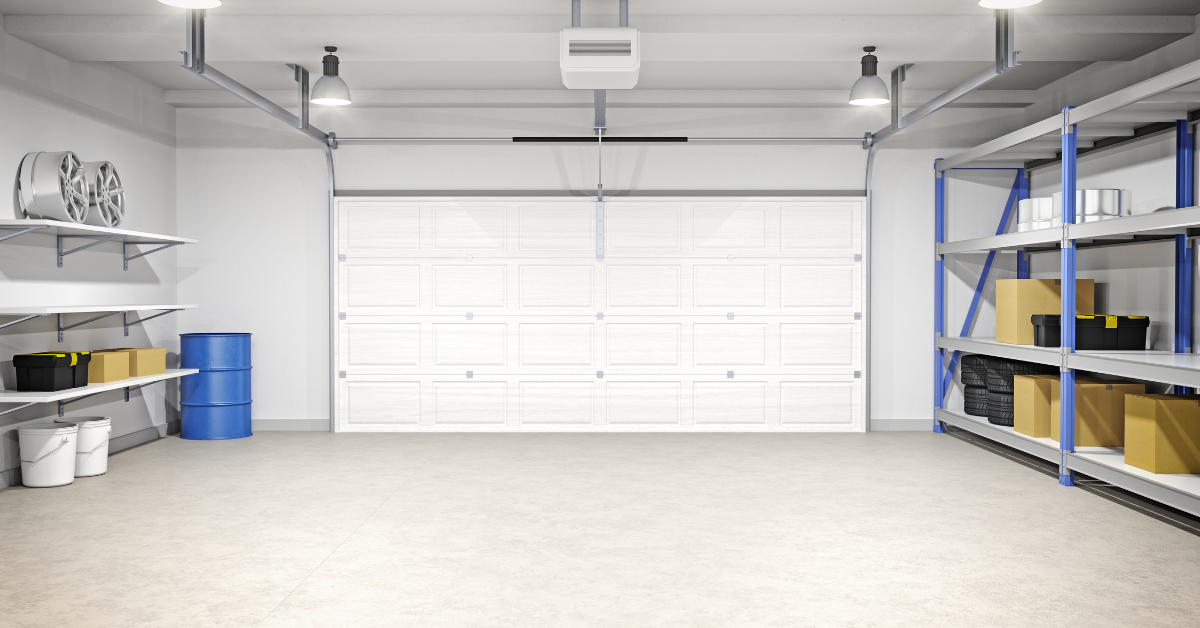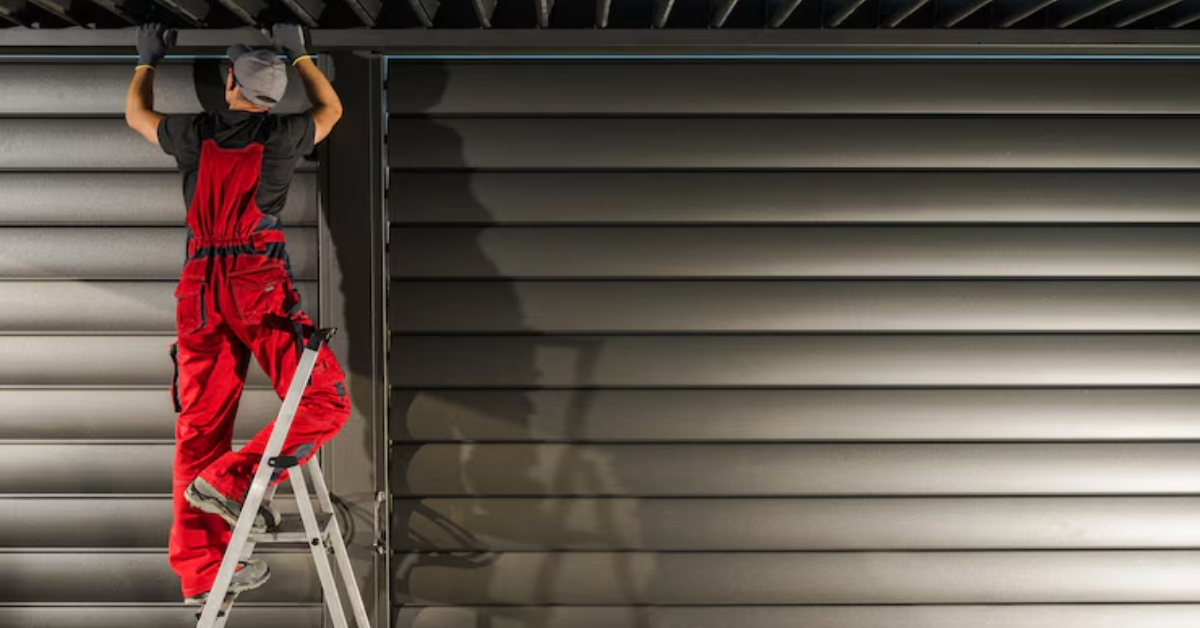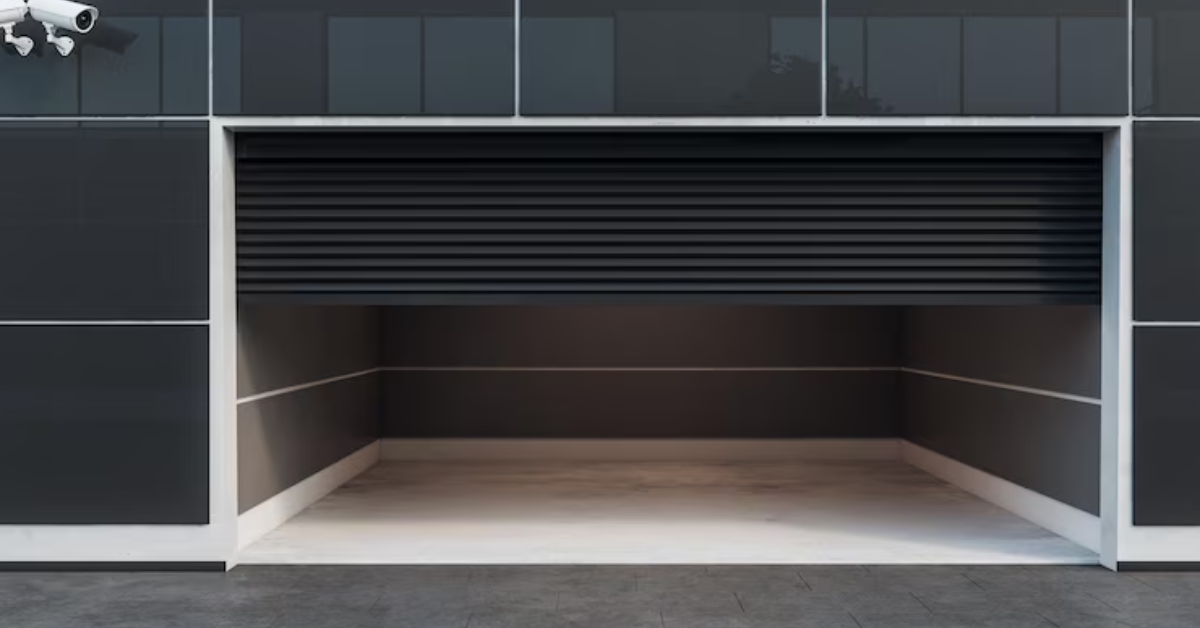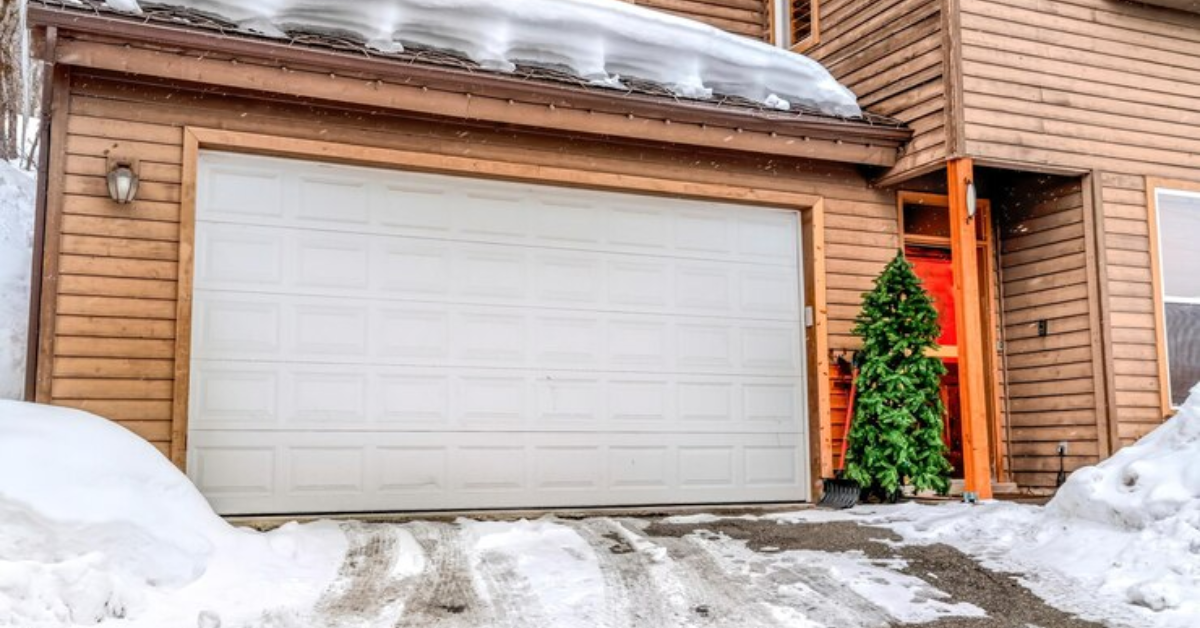Emergency Garage Door Repairs: What to Do When Disaster Strikes
Garage doors are the silent guardians of our homes and possessions, quietly playing their part in the symphony of daily life. We rarely stop to consider the significance of a functional garage door until disaster strikes. When it does, the abruptness of the situation can be jarring, leaving us grappling with a sense of urgency and the need for immediate solutions.
We will get into the nuts and bolts of fixing a garage door in an emergency here. We'll unravel the mysteries of malfunctioning garage doors, offering insights into common issues and solutions. Along the way, you'll gain the knowledge and confidence to tackle unexpected garage door emergencies head-on, ensuring that this vital component of your home remains a steadfast guardian.
Common Garage Door Problems
Here is a list of common issues that can lead to emergencies.
Broken Springs: The springs in your garage door are like the muscles that lift the door up and down when you want it to open or close. If one of these springs breaks, it's like a muscle giving out. Your garage door can suddenly become too heavy to lift manually, and it won't work properly.
Malfunctioning Opener: The garage door opener is like the brain of the operation. It's the device that makes the door go up and down when you press a button. If it stops working, you might find yourself stuck outside or inside your garage, depending on its position.
Off-Track Door: Think of your garage door like a train on its tracks. If the door jumps off those tracks, it can get stuck, crooked, or even fall down unexpectedly. This can be dangerous and cause damage.
Jammed Door: Sometimes, things like debris or objects in the way can cause your garage door to jam. It won't move, and this can be a problem, especially if you're in a hurry to get in or out.
Damaged Panels: Your garage door is usually made up of several panels. If one of these panels gets damaged, it can affect the door's ability to work correctly, and it might even look bad.
Maintaining your garage door can catch small problems before they turn into emergency situations. So, taking a little time for maintenance can save you from big headaches down the road.
Recognizing an Emergency
As guardians of our homes, garage doors sometimes cry out for help through unmistakable signs. Recognizing these indicators is the first step in averting a potential emergency.
- Your garage door should operate relatively quietly. If you start hearing strange, loud noises like grinding, banging, or squeaking, it's a sign that something might be seriously wrong.
- Your garage door is designed to open and close smoothly. If it suddenly refuses to budge or gets stuck halfway, it's a clear indicator that there's an issue.
- If you notice dents, cracks, or parts of your garage door that look damaged, it's a visual red flag.
- Your garage door has safety features to prevent accidents. If you notice these features aren't working correctly, such as the door not reversing when it hits an obstacle, it's a safety concern.
Addressing these signs promptly is like getting a small cut treated before it becomes infected. It might not seem like a big deal at first, but if left untreated, it can become a major issue. Also, not fixing safety concerns with your garage door can put your family and property at risk. It's like leaving your front door unlocked—it invites trouble.
Immediate Safety Measures
When you think something might be wrong with your garage door, the most important thing is to stay safe. Garage doors are heavy and can be tricky
when they're not working right. So, it's really important to keep a good distance from it, like you would with a wild animal, to avoid accidents. You should also turn off the button or switch on the wall that makes the garage door move. This way, it won't suddenly start moving while you're trying to figure out the problem, kind of like turning off a machine before you fix it so it doesn't surprise you. If you ever need to open or close the garage door manually, there's usually a cord or lever you can use to disconnect it from the automatic opener. This is like having a backup plan, just in case something goes wrong with the main system.
Protecting Your Property
Protecting your belongings comes first when dealing with a broken garage door. If you store valuable items near the door, relocate them to prevent potential damage should the door malfunction further. It's akin to moving cherished belongings away from a leaky ceiling to keep them dry. If your garage door is partially open or stuck in a manner that compromises your garage's security, take measures to fortify it. Utilize locks or temporary barriers to deter unauthorized access, much like securing your front door when it fails to close properly, effectively keeping unwelcome guests at bay. In most cases, reaching out to a garage door professional proves the wisest course of action for diagnosis and repair. Equipped with the requisite knowledge and tools, these experts ensure the safe resolution of garage door issues, drawing a parallel to consulting a doctor when unwell—a trained hand to set things right.
Troubleshooting Garage Door Emergencies
If your garage door is stuck, don't worry, there are things you can do to fix it. First, check if there's anything in the way, like stuff on the ground that might be blocking it. Clearing the path for the garage door will help it move better. Another thing to try is putting some special oil on the parts that move when the garage door opens and closes. These parts are like the hinges on a door or the wheels on a bike. Sometimes they need this special oil to work smoothly, just like how a bike chain needs oil to stop it from making noise. Make sure the metal tracks on both sides of the garage door are straight and not bent. If they're bent, the door can get stuck. Fixing them is a bit like straightening a crooked picture frame to make it hang correctly. These simple steps might help get your garage door working again.
Addressing Broken Springs
Identifying the Type of Spring: There are two main types of garage door springs: torsion and extension springs. Identify which type you have because they require different approaches for replacement. Torsion springs are usually above the door, while extension springs are on either side. It's like knowing whether your car uses regular or diesel fuel—you need the right type.
Replacing a Broken Spring: Replacing a broken spring is a job best left to professionals due to the high tension involved. Attempting it yourself can be very dangerous. Contact a garage door specialist to safely replace the broken spring. Think of it as calling a plumber to fix a burst pipe—some jobs require expertise.
Handling Opener Malfunctions
Troubleshooting Common Opener Issues: If your garage door opener is acting up, try troubleshooting common problems first. Check if the remote batteries need replacement, ensure there's power to the opener, and look for any visible wiring issues. It's similar to checking if a TV remote needs new batteries before suspecting a bigger problem.
Replacing or Repairing the Opener: If troubleshooting doesn't solve the issue, it might be time to consider repairing or replacing the opener. This is a task typically performed by professionals who can safely install a new opener or fix the existing one. It's like calling an electrician to fix a faulty light switch when you can't figure out the problem.
When to Call a Professional
While DIY can be a great way to handle many home projects, there are times when it's not enough for garage door repairs. Here are some situations where you should consider calling a professional:
- If you're dealing with complex problems like electrical malfunctions, serious structural damage, or extensive spring repairs, DIY might lead to further damage or safety risks.
- Garage doors can be heavy and operate under high tension. If you're not experienced, attempting repairs can result in accidents or injuries. It's crucial to prioritize safety.
- Some repairs require specialized tools and knowledge. If you don't have the right equipment or expertise, it's better to leave it to professionals who do.
The significance of hiring a certified garage door technician cannot be overstated, primarily for three compelling reasons. First and foremost, these professionals prioritize safety, having received extensive training to navigate repairs with utmost caution and prevent potential accidents. Secondly, certified technicians bring a wealth of skills and experience to the table, ensuring the execution of high-quality repairs. Their ability to accurately diagnose issues and implement correct fixes guarantees the reliable functionality of your garage door. Lastly, when your garage door is still under warranty, opting for DIY repairs may inadvertently void this crucial coverage. Engaging a certified technician ensures that all work performed aligns with the manufacturer's warranty requirements, safeguarding your investment in both security and peace of mind.
Preventive Measures
Regular maintenance of your garage door holds immense significance, encompassing several essential practices that ensure its longevity and safe operation. The routine lubrication of moving components like hinges, rollers, and springs can significantly extend their lifespan by reducing friction and wear, akin to applying a drop of oil to a bicycle chain for seamless functionality. Secondly, the periodic testing of safety features, such as sensors that prevent the door from closing when obstructions are detected, is imperative to guarantee they operate correctly. This step can be likened to checking the functionality of brakes on a car, assuring they respond as intended during critical moments. Replacing worn-out components, such as springs and cables, before they fail entirely is akin to the practice of replacing old batteries in your TV remote to prevent unexpected emergencies.
Making a well-stocked kit is also helpful in terms of emergency readiness. This kit should comprise essential tools such as screwdrivers, pliers, and wrenches, along with spare parts like light bulbs and batteries for your garage door opener. Much like a first-aid kit, this assortment of tools and supplies ensures that minor issues can be promptly addressed. It's essential to maintain a readily accessible list of reliable garage door repair professionals, complete with their contact details. This measure ensures swift access to expert assistance when confronted with issues beyond your DIY capabilities, resembling the practice of having a trusted doctor's contact information in case of a health emergency—knowing precisely who to call when you need help is paramount.
Conclusion
The safety and maintenance of your garage door should be your top priority because it serves as an important guardian of your house. We've learned the importance of recognizing signs of trouble, immediate safety measures, and regular maintenance. While DIY can handle some issues, professional assistance is invaluable during emergencies, ensuring not only the efficient operation of your garage door but also the overall security of your home and loved ones. So, let your garage door be a testament to your commitment to home safety, and remember that staying informed, proactive, and ready to seek expert help when necessary is key to its reliable performance.




